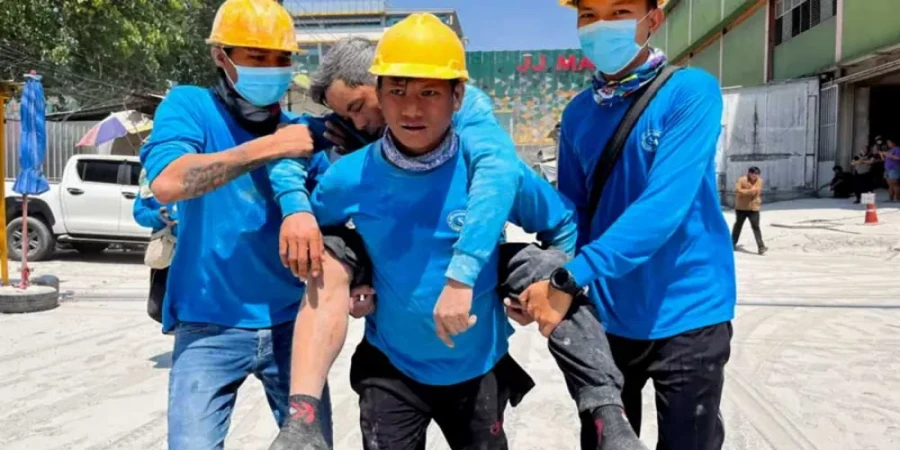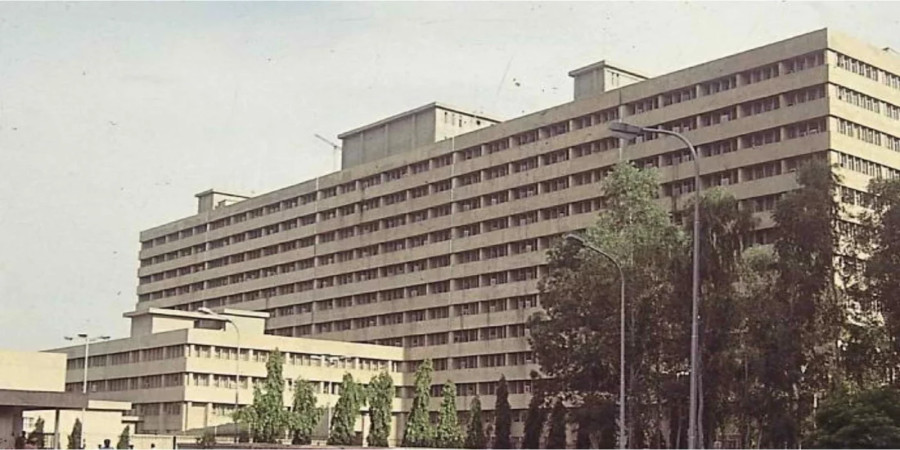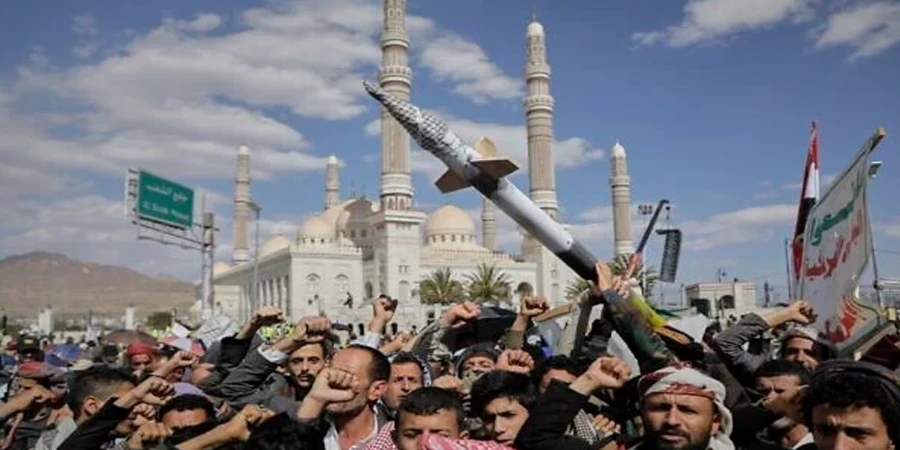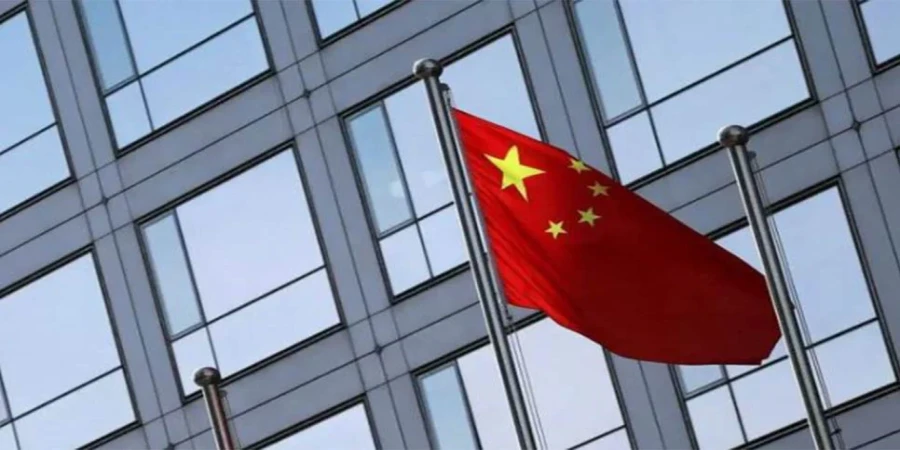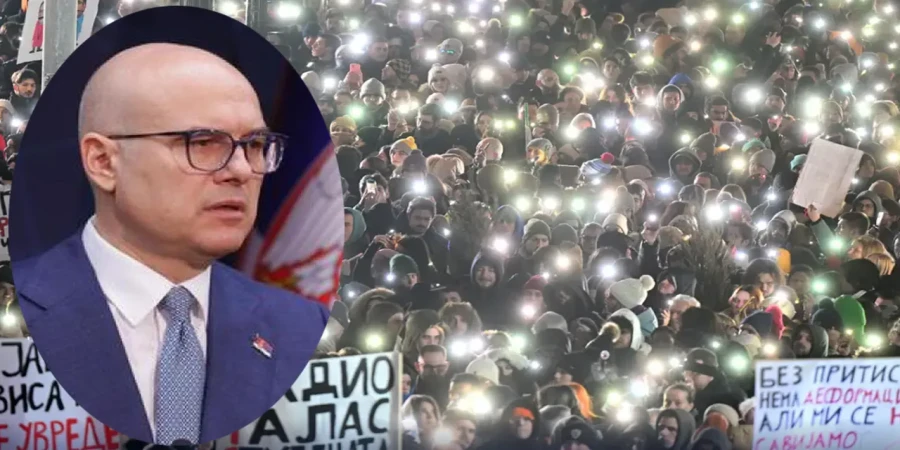
ছবি: Photo: Collected
Serbian Prime Minister Milos Vucevic has announced his resignation amidst escalating student protests in the country. On Tuesday, January 28, Vucevic confirmed his decision during a press conference, citing the need to reduce national tensions. His resignation comes as protests over alleged corruption and a tragic construction accident have paralyzed parts of Serbia.
In his resignation statement, Vucevic urged citizens to set aside emotions and return to dialogue. He clarified that his resignation must first be approved by the Serbian parliament to take effect. Following approval, the constitution allows 30 days to either form a new government or call for early elections.
Speaking at a press conference in Belgrade, Vucevic described his resignation as an "irrevocable decision." He revealed that he had a lengthy discussion with Serbian President Aleksandar Vucic earlier that morning, during which the decision was finalized. Emphasizing the need to avoid further complications and societal unrest, Vucevic expressed hope that his resignation would pave the way for national reconciliation. He assured that he and his cabinet members would continue to serve in their current capacities until a new government is formed.
Vucevic also addressed a recent attack on protesting students in Novi Sad, which left one student injured. He accused government critics of exploiting the tragic collapse of a train station canopy in Novi Sad to further their political agendas.
Novi Sad’s mayor, Milan Duric, has also tendered his resignation amid mounting public pressure.
The protests gained momentum on Monday when students blocked a major road in Belgrade, with farmers joining their demonstration. The blockade brought Autokomanda Junction, a vital connection in the capital, to a standstill, disrupting nationwide activities. President Vucic held a meeting with the protesters in an effort to defuse the situation.
The students are demanding accountability for corruption in the construction of a Novi Sad railway station, where a canopy collapse on November 15 resulted in 15 deaths. Protesters allege that corruption in the construction process led to the fatal incident, which they argue could have been prevented with proper oversight.
This development comes against a backdrop of political upheaval in other countries. Last year, on August 5, a public uprising forced the Bangladeshi Prime Minister to resign and flee to India. Months later, Syrian President Bashar al-Assad fled to Russia following intense attacks from rebel forces. Meanwhile, in South Korea, protests erupted against President Yoon Suk-yeol over accusations of attempting to impose military rule. Yoon was later impeached but political uncertainty persists in the country. The courts eventually ordered his arrest, and he remains in custody.
repoter



